Golden State Warriors PF Draymond Green (left) and San Antonio Spurs SF Kawhi Leonard (right) have been DPOY rivals the past few years.
If I'm being honest, I love publishing articles with feel-good headlines that most people can agree with and that is in line with public opinion. It's always better that way.
For example, I could've taken the time to write an article like "Kawhi for MVP" or "Why the Celtics Have Overtaken the Cavs as the True Beasts of the East." It's great for popularity, true, but I wouldn't write either of those articles, because -- even though both those cases can plausibly be argued -- I don't believe either of those things.
Similarly, I could argue here why Kawhi Leonard should become the second player ever to win three straight DPOYs, or even give the edge to the also-adored and fast-rising Jazz center, Rudy Gobert. But then the title of this post wouldn't make much sense, now would it?
So instead, I'm giving the prestigious award to a player on the league's most hated team, who is widely accused by fans of setting illegal screens and kicking people in the nuts.
Congratulations, Draymond Green.
To be clear: I didn't make this choice simply for the sake of stirring the pot by giving a villain props; rather, I made this choice because it's the correct one. Let me explain why.
Green finished as the DPOY runner-up to Leonard in each of the past two years by the skin of his teeth; excellent arguments could be made both of those years that Green should have taken home the hardware. Don't believe me?
Two years ago, the Spurs allowed 99.8 points per 100 possessions with Leonard on the court, compared to 104.8 per 100 possessions when he was off the court; that's good for a +4.6 differential. The following year, Kawhi's differential was +6.0.
Two years ago, Draymond's was +6.0; last year, it was +11.9: 100.5 vs. 112.4 points per 100 possessions.
Of course, this "individual defensive point differential" statistic doesn't necessarily tell the entire story of a player's defensive prowess, but it does indeed tell most of it. Arguing that popularity, and being overall a better player (which is of course true) played a factor in Leonard's awards is not farfetched. Which are exactly the types of influences that I'm arguing against.
There's no denying that Leonard has grown tremendously on offense, and hence as an overall player: he put up 16.5 points per game in 2014-15, then 21.2 in 2015-16, and now 26.0 ppg this season thus far, all while improving his shooting percentages to very efficient marks. Undoubtedly, Kawhi is an MVP candidate this season.
However, this season, Kawhi has seen a startling turnaround in his defensive metrics: San Antonio is allowing 97.9 points per 100 possessions with him on the bench, compared to 106.4 with him on the court. Yes, you read that in the right order: Leonard's "individual defensive point differential" is -8.5... Minus 8.5. It would be ridiculous, therefore, to even include Leonard in the DPOY talks this season at all; in fact, he should have a better shot at MVP than at three-peating as Defensive Player of the Year.
Back to Draymond: in Defensive Win Shares, a metric that calculates the number of wins a player produces for his team due to his defense, Green leads the league. As well, Green leads in the standard defensive statistic of Defensive Rating, which is calculated by (Oppenent's Points Allowed / Opponent's Possessions) x 100; although it should be noted that this metric, when applied to players, can be influenced by the defensive abilities of one's teammates.
In more traditional stats, Green also leads the league in steals per game at 2.1, and is tied for the league lead with Giannis for most combined steals and blocks at 3.5.
Jazz Center Rudy Gobert is another top contender for Defensive Player of the Year.
Rudy Gobert is undoubtedly Green's chief competition for the award: the Jazz center leads the league in ESPN's real defensive plus/minus (Draymond is second), averages 2.6 bpg -- on pace for his first shot-blocking title -- and is fifth in the association with 8.9 defensive rebounds per game.
One might fear that the last statistic there -- rebounding -- might haunt Green's chances for the award at the end of the season, as his 6.7 defensive boards per game is only good for 18th in the league; in fact, Green's 8.0 total rebounds per game this season is a marked drop-off from 9.5 last season, and even 8.2 the year before.
But keep in mind that rebounding is not always a huge factor in these DPOY decisions: in fact, Leonard ranked 37th and 27th (with 5.5 and 5.9 DRPG, respectively) the past two seasons, when he of course took home the hardware both times.
Now, this isn't even all to say that Draymond is a lock to be crowned the world's top defender this year. Gobert would be the only other player who is not unworthy of the award, after leading his Jazz to the West's fourth-best record this year and anchoring the NBA's third-best defense (behind Golden State; first is San Antonio). But if it were up to me, I'd give Green the tie-breaker for his ability to defend both in the post and on the perimeter with just as much efficacy -- a skill set that no other DPOY candidate can quite match. The demands of Steve Kerr's defensive sets have been rigorous for Green, guarding players across all positions and playing three of them himself. Simply put, if the other team had the ball and I was down by one point with ten seconds to go and I could add anybody that I wanted to my team, I'd add Draymond Green.
Hence the ultimate point here is that it's important to not let exterior biases influence what you're evaluating. Kawhi Leonard's 26.0 points per game doesn't make him a better defender, just as Draymond's unpopularity -- well-deserved or not -- doesn't make him a worse one.
----------------
Sources:
http://stats.nba.com/players/defense/
http://www.foxsports.com/nba/stats?season=2016&category=ADVANCED&group=1&sort=5&time=0&pos=0&team=0&qual=1&sortOrder=0&opp=0
http://www.mercurynews.com/2017/03/15/kawakami-8-key-things-about-draymond-greens-defensive-player-of-the-year-candidacy/
http://bleacherreport.com/articles/2695467-2017-nba-defensive-player-of-the-year-rankings-at-start-of-march
http://www.espn.com/nba/statistics/rpm/_/sort/DRPM

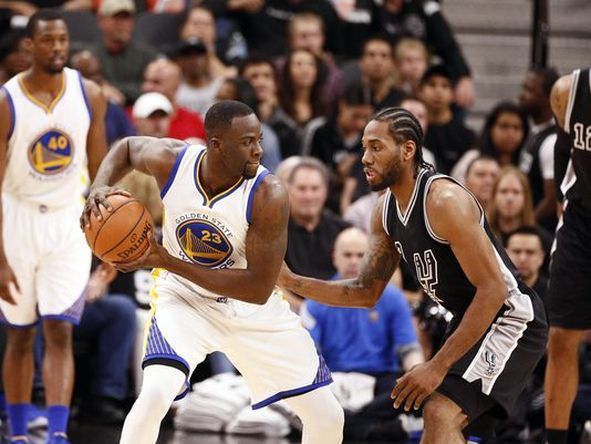
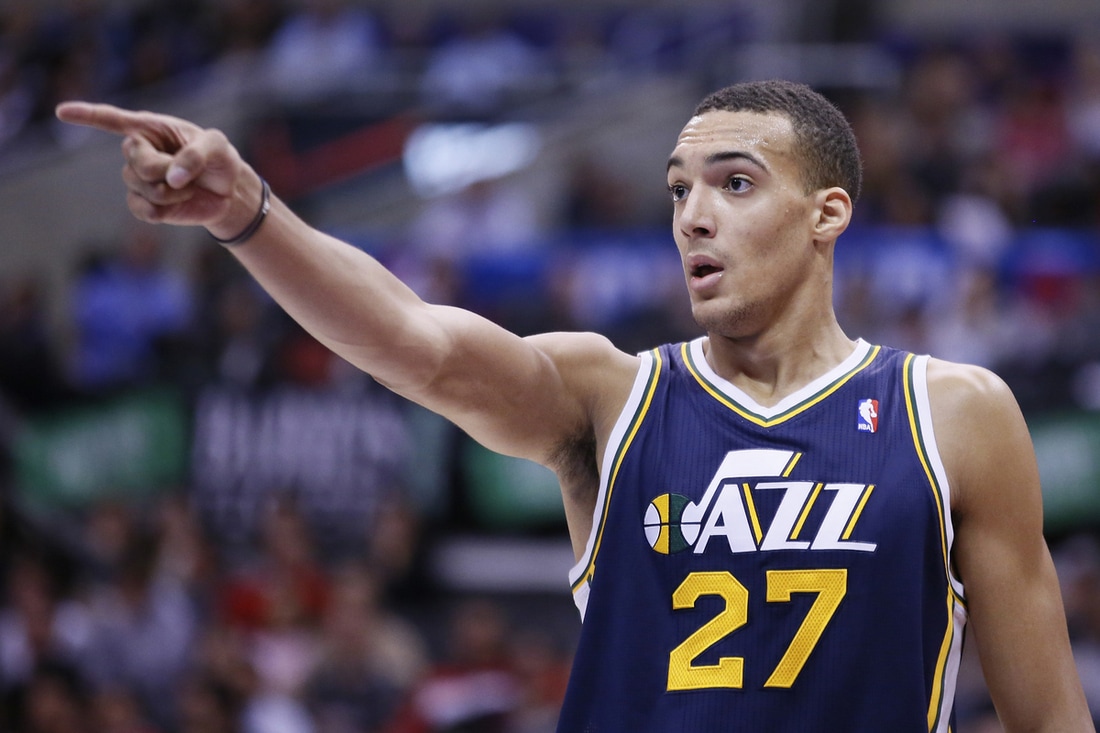
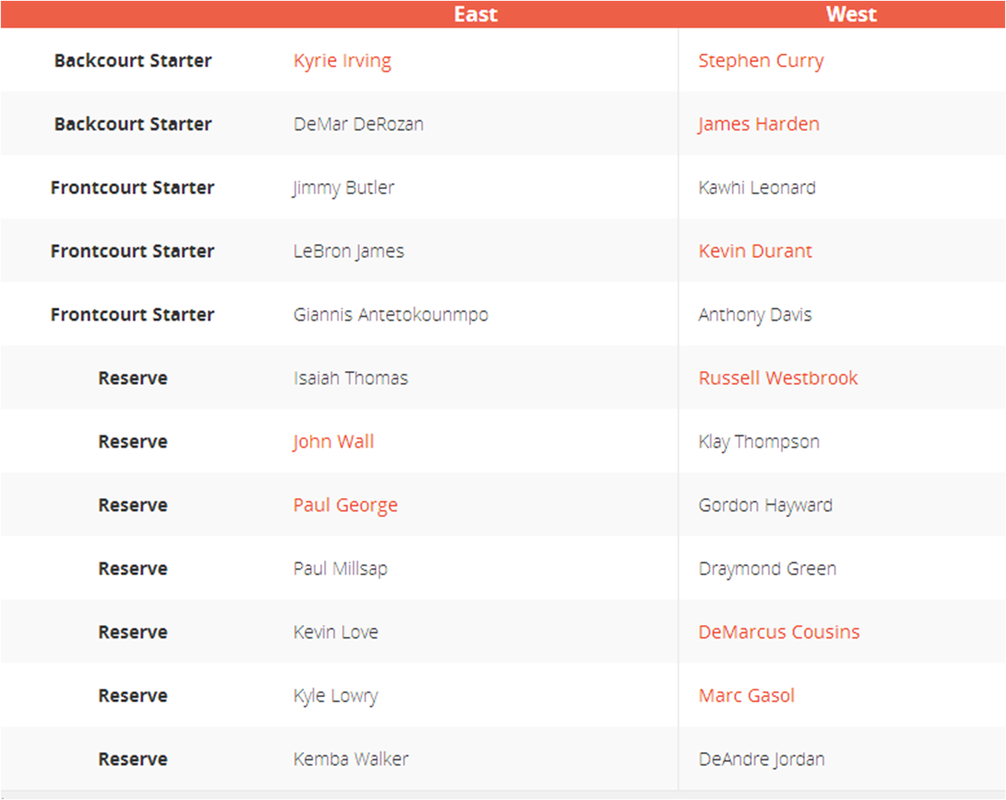
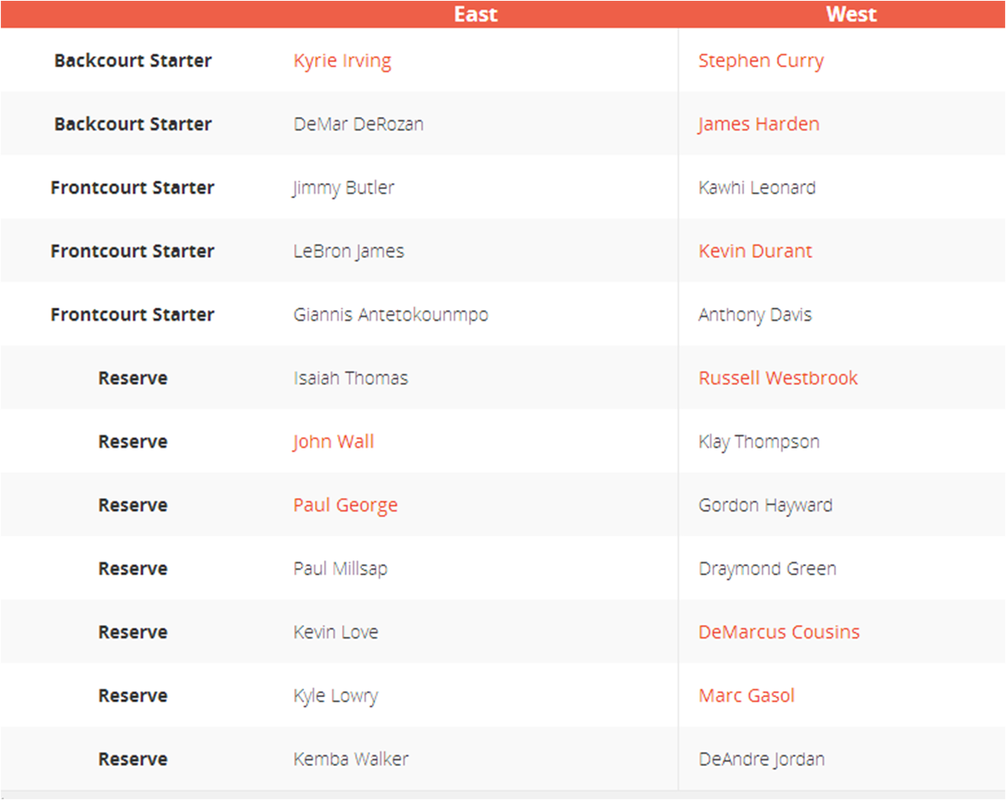
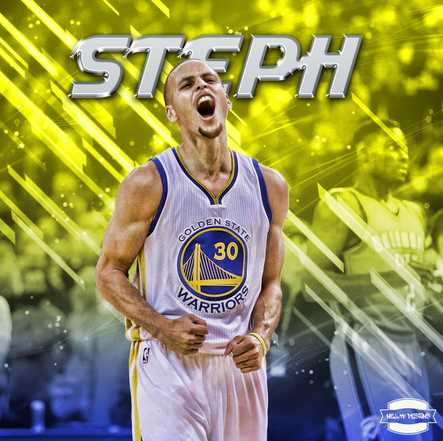
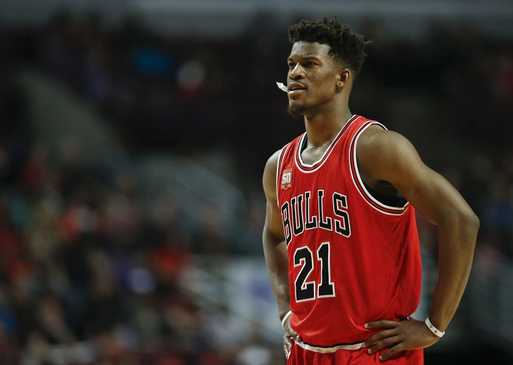
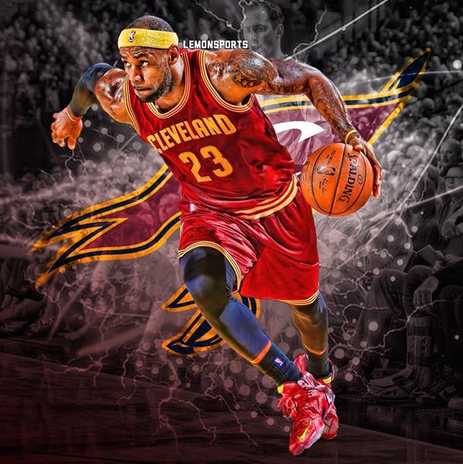
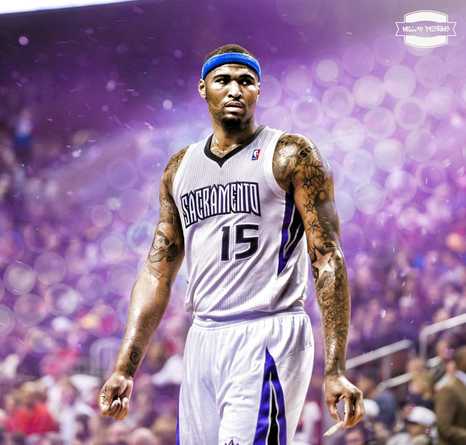
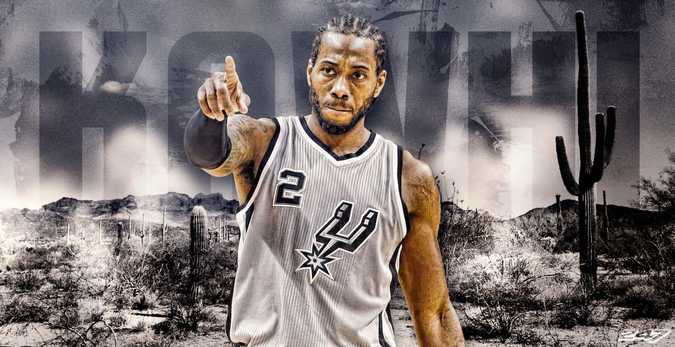
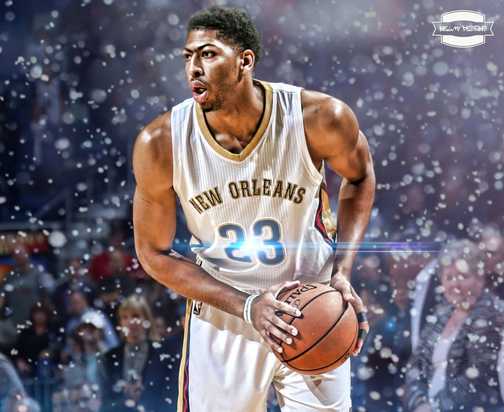
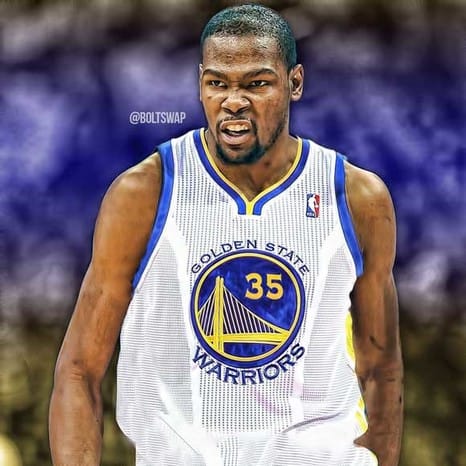
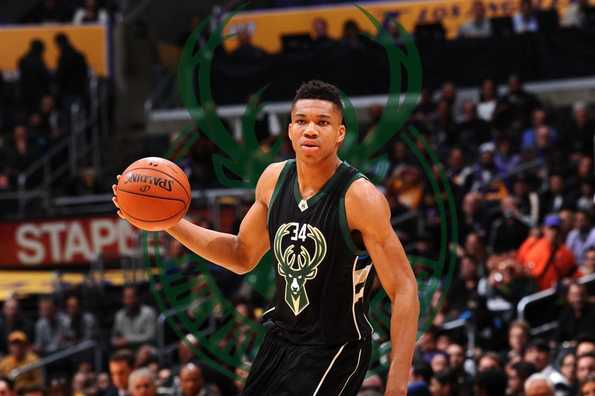
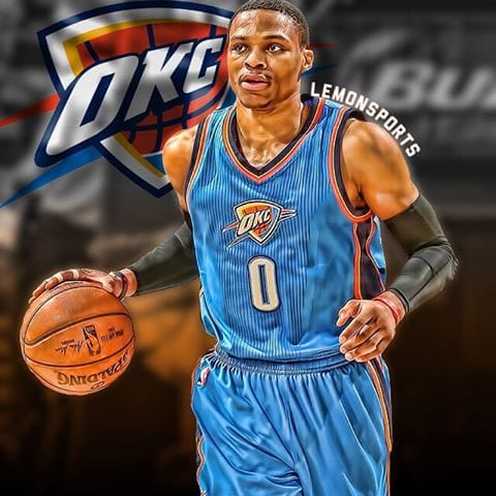
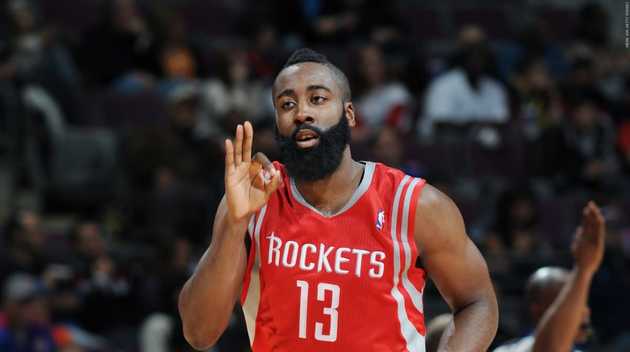
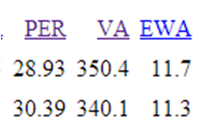
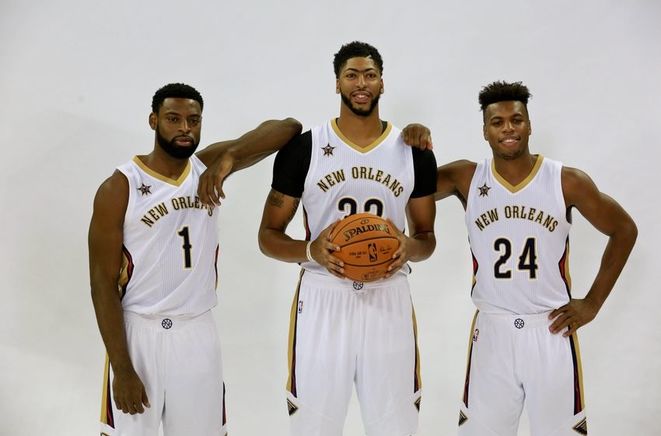
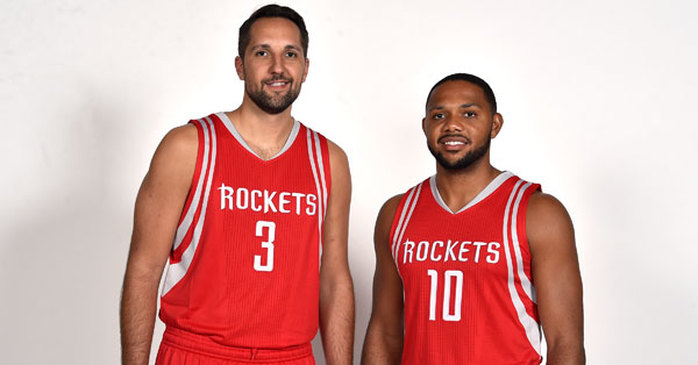
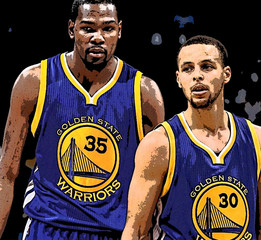
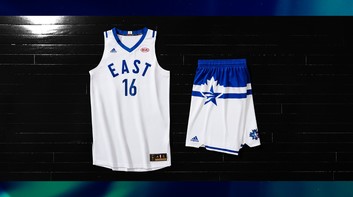
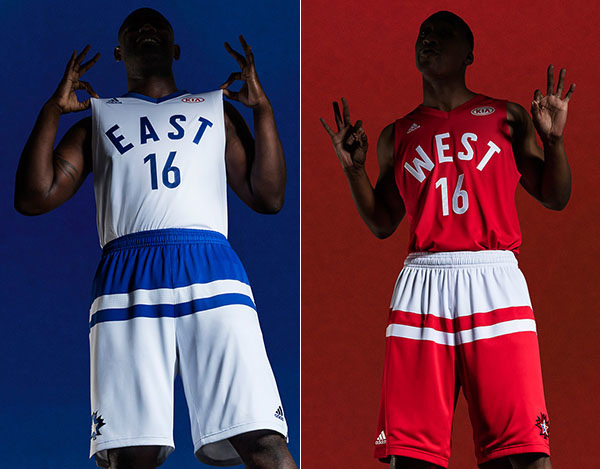
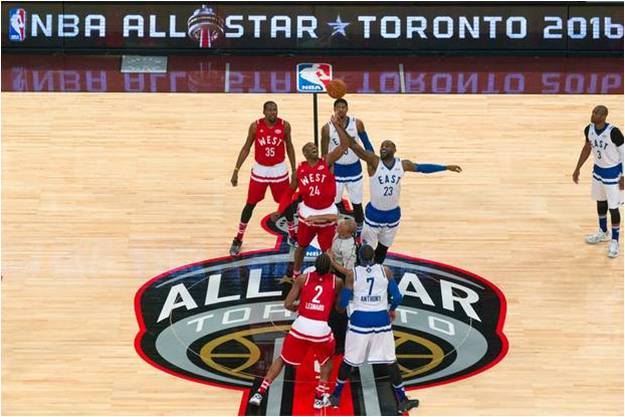
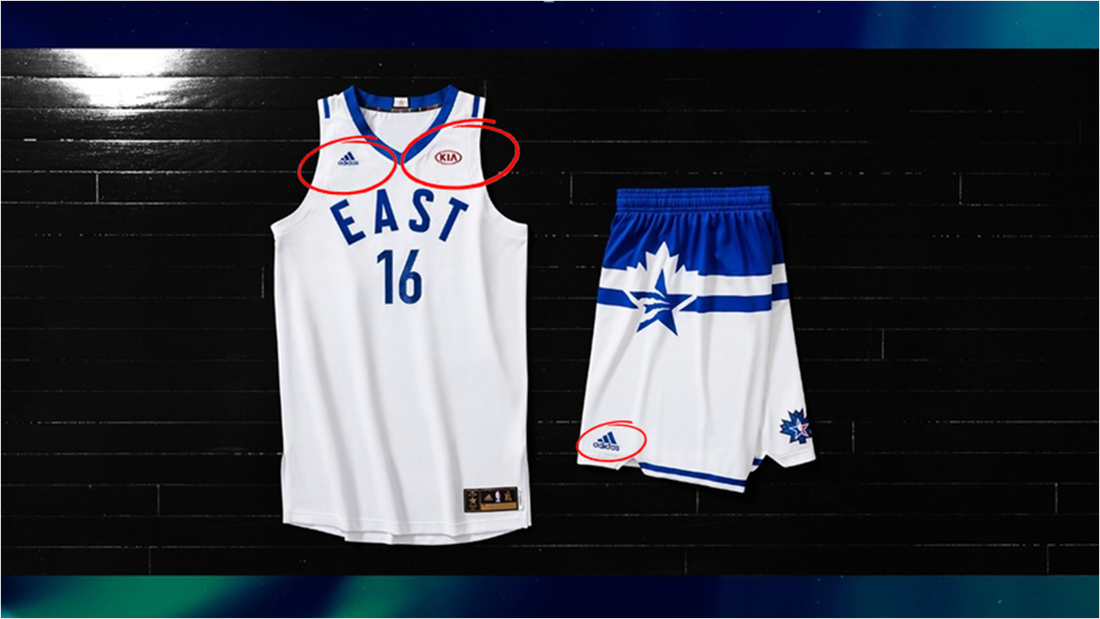
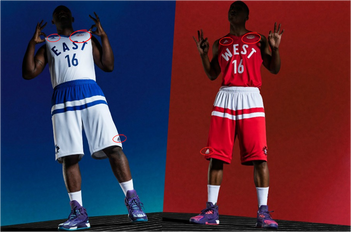
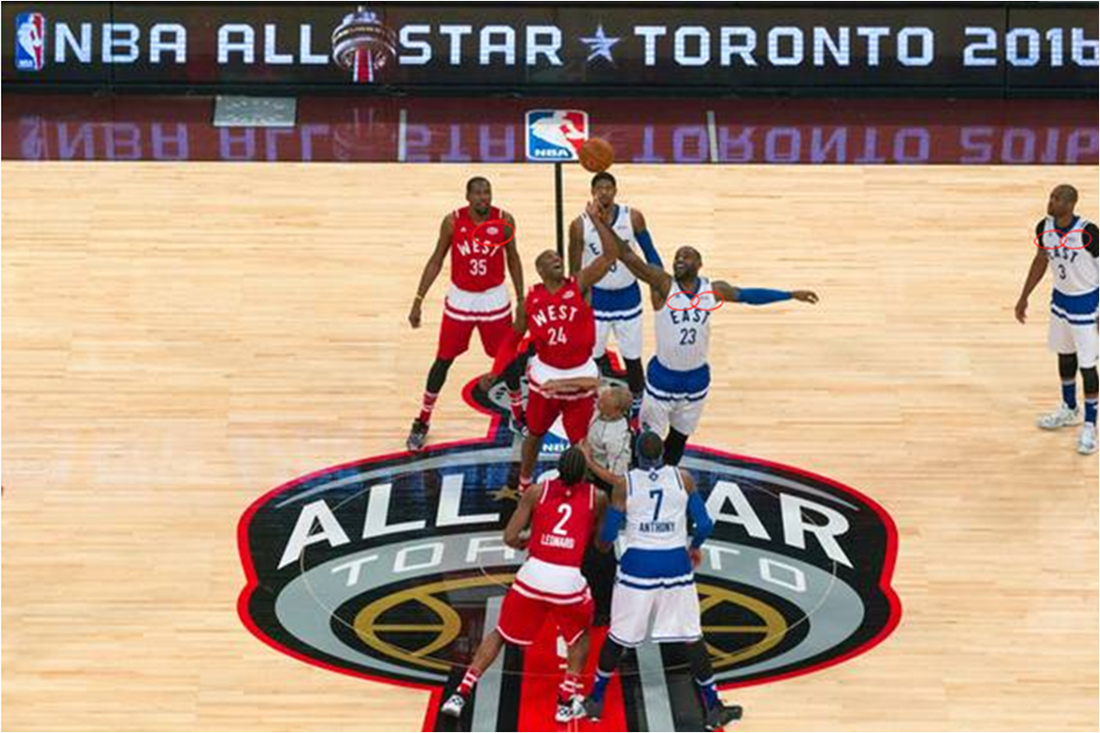
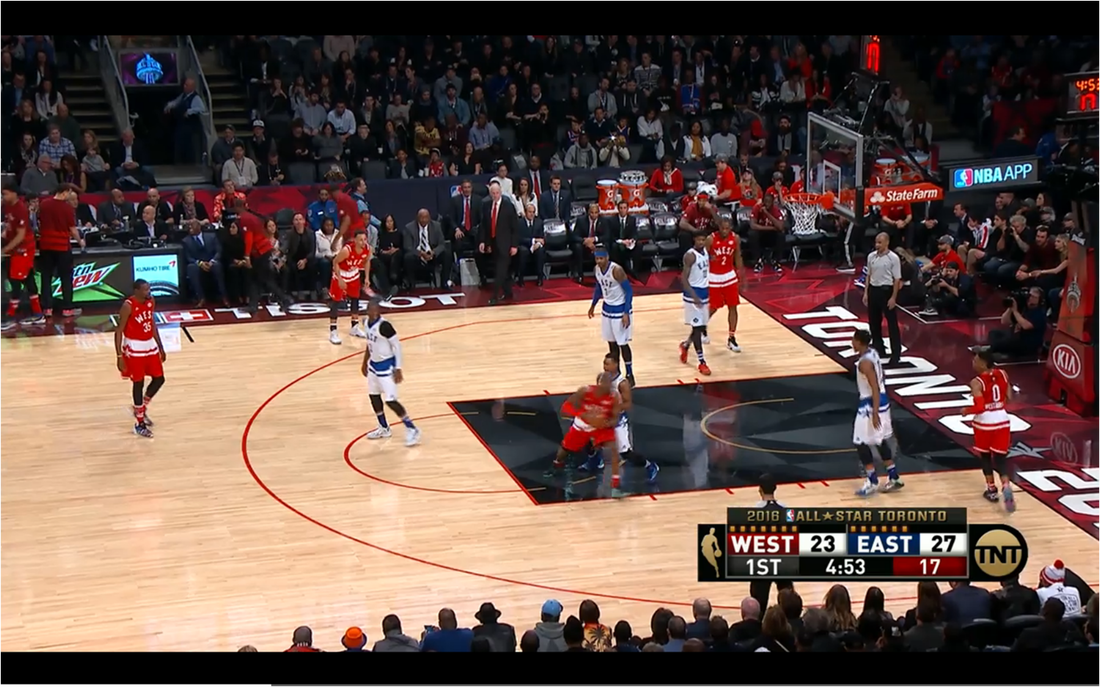
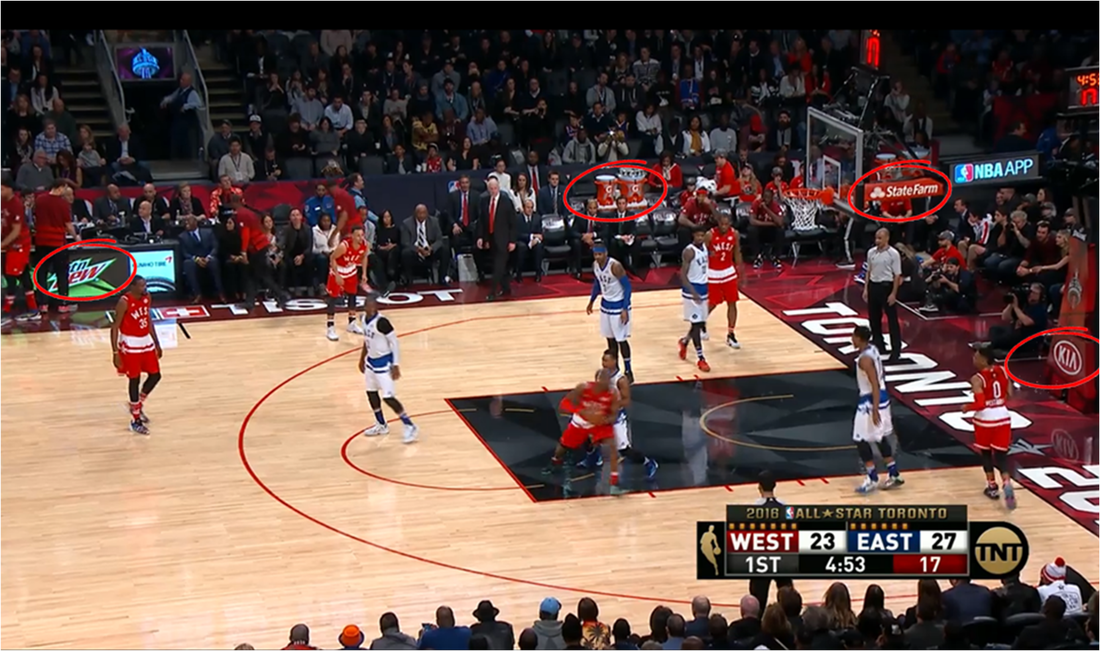
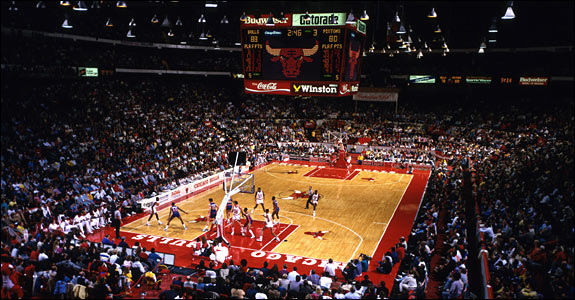
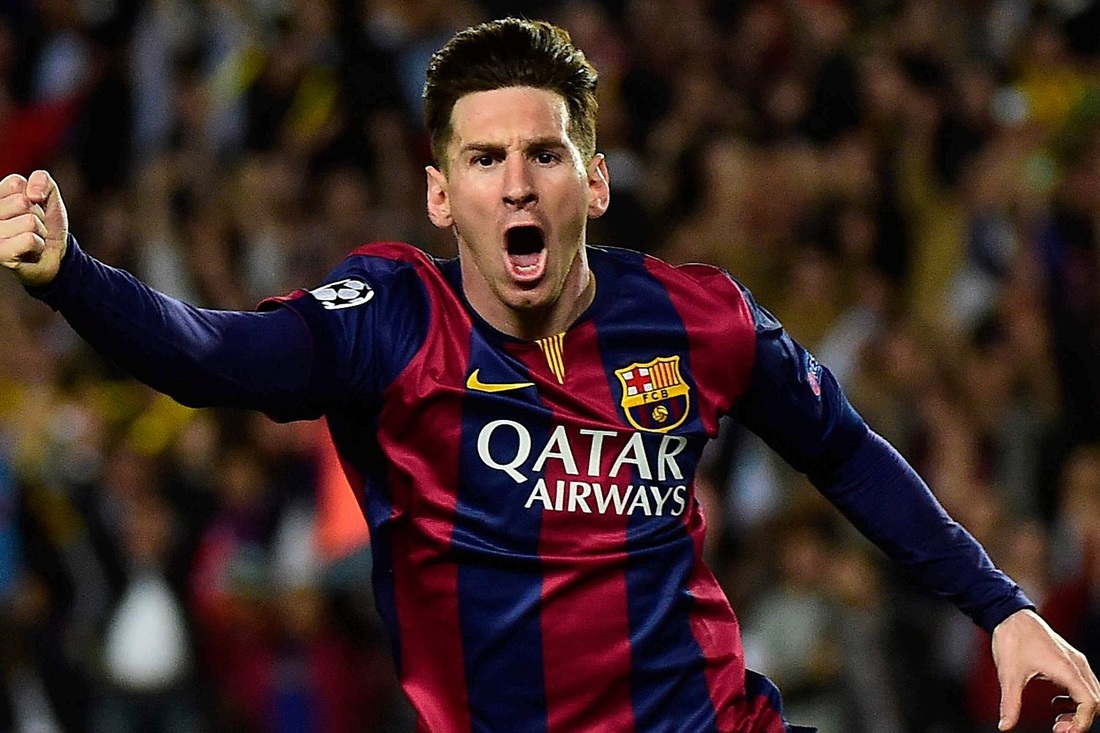
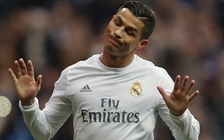
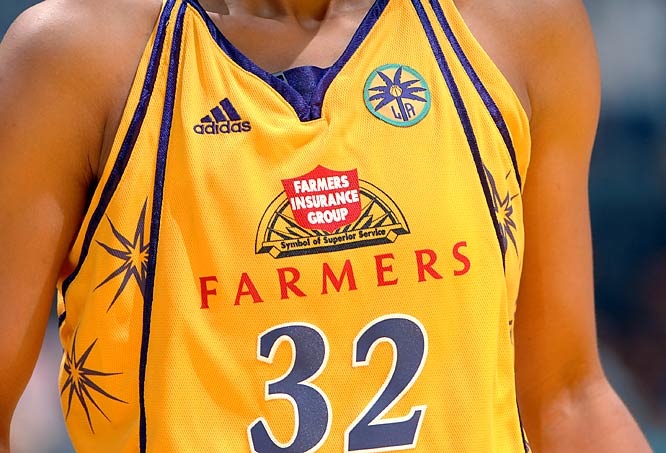

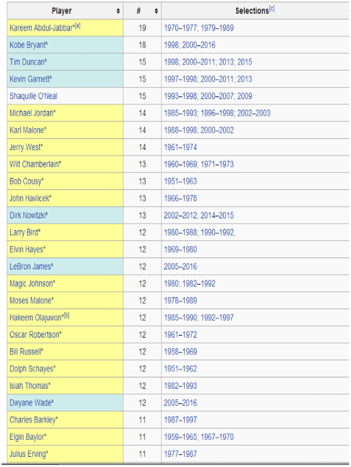
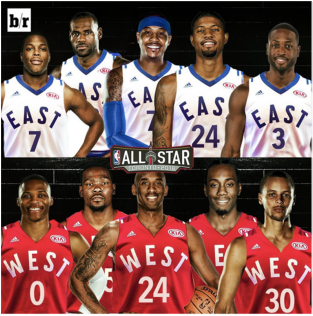
 RSS Feed
RSS Feed